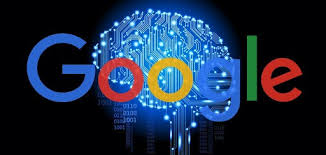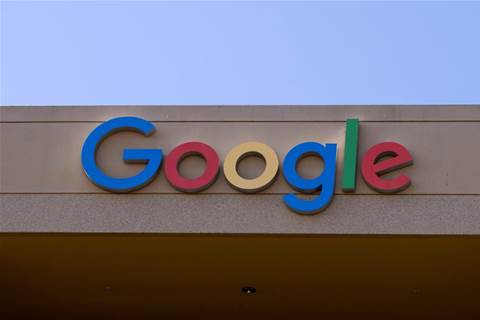Source: dailygalaxy.com
Science-fiction author Vernor Vinge once said that mankind’s last great invention will be the first self-replicating machine. Now, AI scientists working in Google Brain division are testing how machine learning algorithms can be created from scratch, then evolve naturally, based on simple math, according to Google’s AutoML team who suggest the software could potentially be updated to “automatically discover” completely unknown algorithms while also reducing human bias during the data input process. The software, known as AutoML-Zero, resembles the process of evolution, with code improving every generation with little human interaction.
Machine learning tools are “trained” to find patterns in vast amounts of data while automating such processes and constantly being refined based on past experience.
But there’s a draw back, “Human-designed components bias the search results in favor of human-designed algorithms, possibly reducing the innovation potential of AutoML,” according to the team’s paper. “Innovation is also limited by having fewer options: you cannot discover what you cannot search for.” The analysis, which was published last month on arXiv, is titled “Evolving Machine Learning Algorithms From Scratch”.
In an interview with Newsweek, Haran Jackson, the chief technology officer (CTO) at Techspert, who has a PhD in Computing from the University of Cambridge, said that AutoML tools are typically used to “identify and extract” the most useful features from datasets—and this approach is a welcome development.
“There is a sense,” he added, “that among many members of the community that the most impressive feats of artificial intelligence will only be achieved with the invention of new algorithms that are fundamentally different to those that we as a species have so far devised. This is what makes the aforementioned paper so interesting. It presents a method by which we can automatically construct and test completely novel machine learning algorithms.”
Jackson concluded that the approach taken was similar to the theory of evolution proposed by Charles Darwin, noting how the Google team was able to induce “mutations” into the set of algorithms. “The mutated algorithms that did a better job of solving real-world problems were kept alive, with the poorly-performing ones being discarded.


